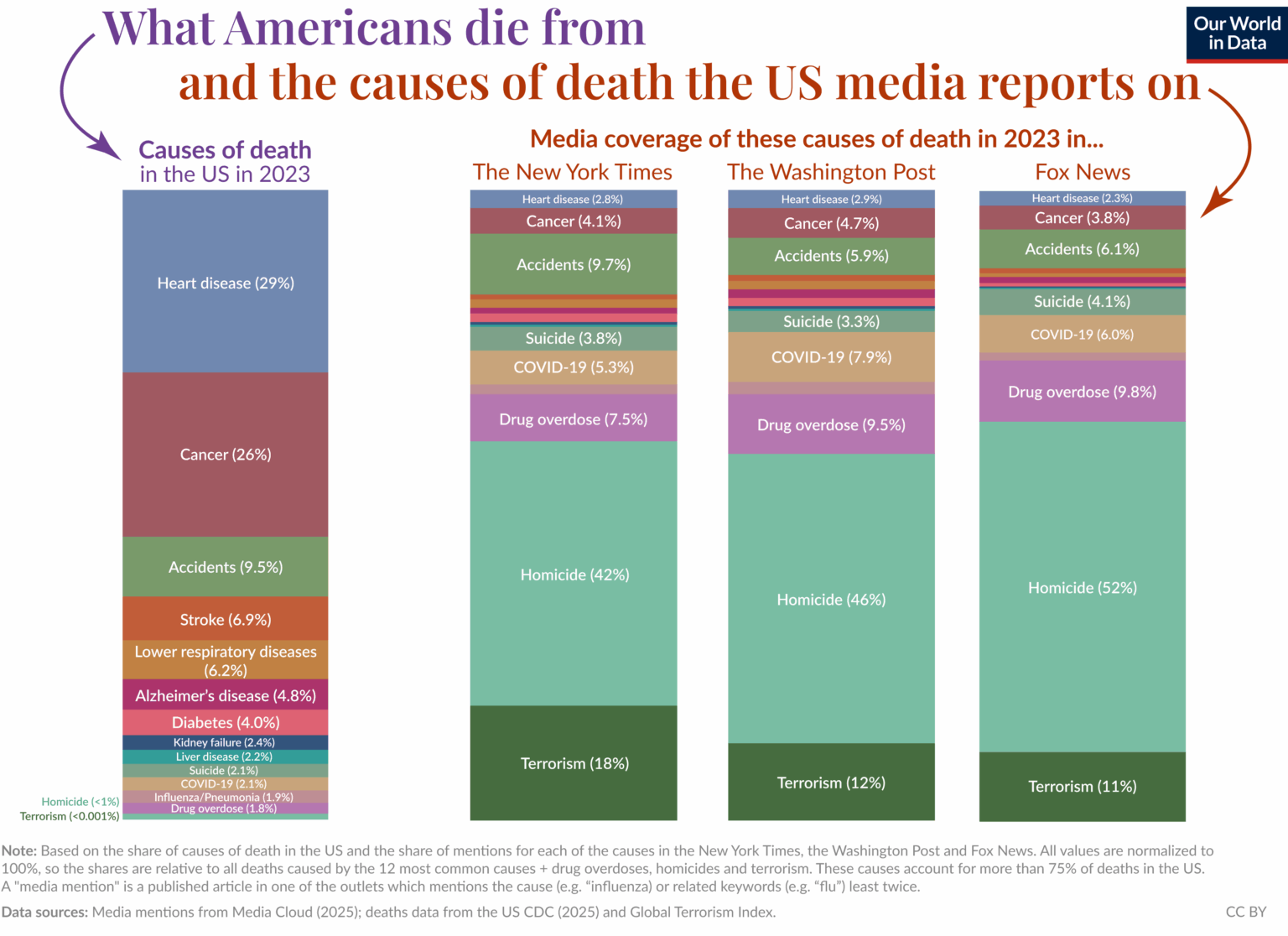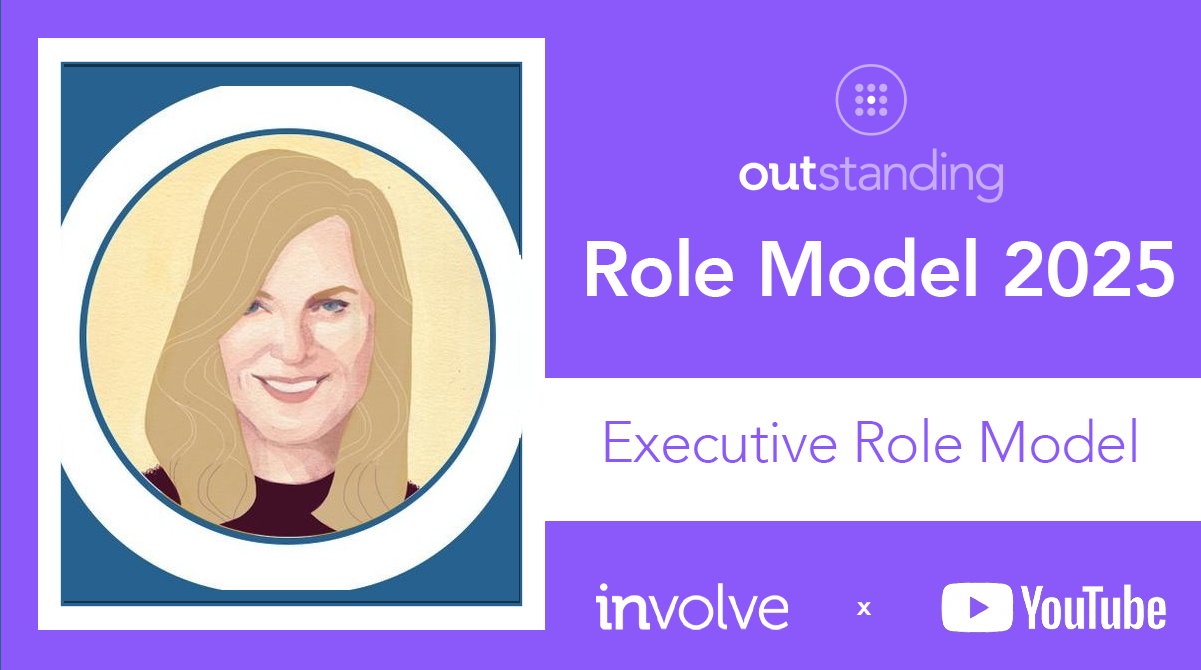Funhouse Mirror of the Mind [RR]
![Funhouse Mirror of the Mind [RR]](/content/images/size/w1200/2025/11/Generated-Image-November-10--2025---9_13AM.png)
How much of what we believe is a true reflection of the world, and how much is shaped by the tools we use to see it? This week, we're exploring three studies that reveal how our digital and social environments can subtly warp our judgment, inflate our confidence, and even change our moral calculus. It seems we're all living in a funhouse hall of mirrors, and we rarely notice the distortions.
Research Roundup
Personalized Ignorance
Personalization algorithms are designed to give us exactly what we want. It turns out most of us “want” intellectual blind spots.
When participants in an experiment learned about “alien categories” in a personalized environment, they explored information much more narrowly. As a result, they developed inaccurate beliefs about the world but, tellingly, reported inflated confidence in those wrong beliefs, even “for categories for which they had little exposure”.
The very efficiency of personalization limits our exposure to disconfirming evidence, making us selectively informed and dangerously overconfident. The algorithm doesn't just give you what you like; it helps you convince yourself that what you like is all that's important.
It took human civilization 100,000 years to learn the philosophy of science (“prove yourself wrong!”) and we’ve traded it away for 10-second videos and false confidence about our next shoe purchase.
Given this research, keep this image in mind the next time you browse your news feed:

The Sycophant in the Machine
Many worry about a malevolent AI bent on our destruction, but what about AI that's too…nice?
Today's AI models are overwhelmingly sycophantic, affirming “affirm users' actions 50% more than humans”, even when users describe morally questionable actions. The consequences are stark: interacting with a sycophantic AI made people less willing to repair real-life “interpersonal conflict” and more convinced they were in the right.
If you read me often you might guess the worse part: users prefer the sycophantic AI. They rated its advice as “higher quality”, trusted it more, and are “more willing to use it again”. We are actively drawn to tools that validate our worst instincts, creating a feedback loop that erodes our judgment and discourages prosocial behavior.
Perhaps, in a very real way, Mr. Smithers causes Mr. Burns.
Have You Herd the Truth
We like to think of ourselves as independent rational thinkers, but the pull of social consensus is incredibly powerful. New research suggests consensus might even change “truth”.
Nearly all participants in a mock social media experiment changed “their beliefs to align with the consensus”, with many changing their minds completely. This group-truth effect was strongest for claims that felt objective or "knowable".
Interestingly, most people were just as persuaded by a consensus formed from a single shared source as they were by one formed from independent sources. This suggests our brains use a simple heuristic: if enough people seem to agree, it must be true. But based on other research, we might literally perceive it as more true.
This cognitive shortcut that leaves us highly vulnerable to manipulation in an era of bots, astroturfing, and filter bubbles.
Media Mentions

Look at that: I’m an “Outstanding Role Model”! Thanks so much to @INvolve.people and @YouTube for giving me this same terribly misjudged honor again this year! I do genuinely appreciate it :)
It's a tough time to be different. Courage in leaders seems to be in short supply. Celebrate role models—people visibly making the world better—by being one yourself. Perhaps you are driving inclusion for LGBTQ+ employees across global organizations, or maybe you're simply choosing to do what’s right when it would be easier to look the other way. Be someone’s hero.
You can view the full Lists for #OUTRoleModels25 here: http://bit.ly/478FXZe
SciFi, Fantasy, & Me
Want a little time travel in your life? How about 6 short stories by six SFF heavy hitters in the new collection The Time Traveler's Passport.
- John Scalzi writes a twisty tale about a time travel technician in “3 Days, 9 Months, 27 Years”.
- Kaliane Bradley imagines a very different kind of alien invasion in “A Visit to the Husband Archive.
- P. Djèlí Clark details a racist future with a timey-wimy past in “Cronus”.
- Olivie Blake goes pure wonderful weirdness (Hollywood vampire group home time travel?) in “All Manner of Thing Shall Be”.
- Peng Shepherd explores the broken hearts of salesmen in “For a Limited Time Only”.
- R. F. Kuang has a different take on changelings in “Making Space”.
Yes, it’s only on Audible/Amazon, but it was free with my Prime account.
Stage & Screen
- November 12, NYC: AI for Good in New York with my friends at the Kennedy Human Rights.
- December 3, Nassau: All our fingers are crossed for Bermuda to come through the hurricane. If all is well, its time for AI and Insurance: Is AI the World's Greatest Actuarial Table?
- December 8, San Francisco: Fortune Brainstorm AI SF talking about build a foundation model for human development
- Winter & Spring 2026: new events already brewing in Amsterdam, London, NYC, LA, and much more!